SOCIAL PROBLEMS:
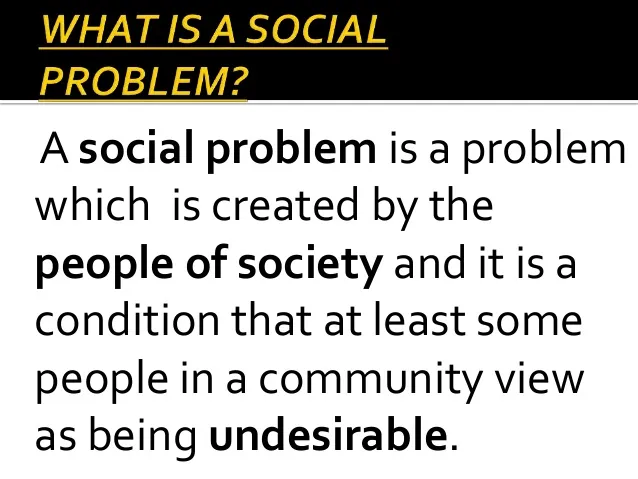
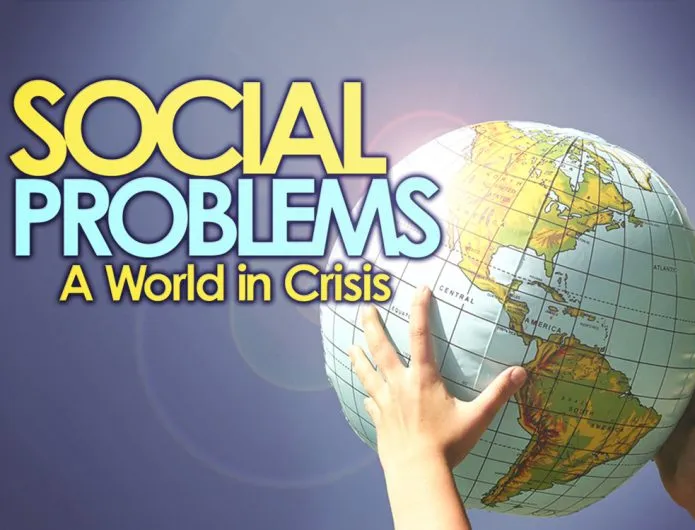
- Their are two types of Problems.
1. Individual problems:
Affects large population.
2. Social problems:
1. Current Social Problems:-
- Drug addiction/ dependence.

- Alcoholism.
- Sexually Transmitted Disease.
- Vagrancy.
- Juvenile Delinquency.
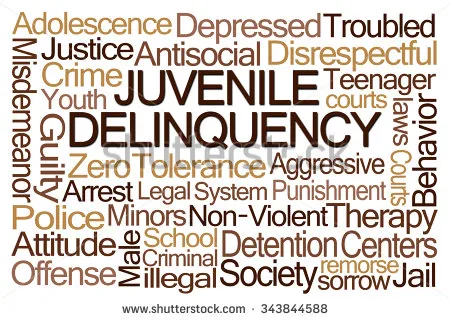
- Prostitution.
2. Social Health Problems:-
A disease may be termed as social problem and its social relevance become quite high when following happens.
- When it has got predominant behavioral component in its causation
- When its widespread over large geographic area and affects many( î incidence, î prevalence).
3. Social Health Problems:-
- It is severe & mortality is very high
- Leads to permanent disability & crippling
- Leads to discrimination & ostracism
- When it disrupts trade, affects the economy of nation
- Primarily economically productive population is affected.
- Growth & development of young children is affected
- When treatment is out of reach for many
- When the disease is incurable
Social Problems & their behavioral component_-
Social Problems Behavioral Component
- Population Explosion * High fertility, Early marriage, Non-acceptance of contraceptive.
- Adverse sex-ratio or falling child sex ratio * Female feticide, Infanticide, Gender bias
- Smoking & tobacco & alcohol abuse * Habit of smoking in the family or peer group, social acceptability, seen
as a social status. - Accidents & suicides * Rash driving, disobeying traffic rules, driving under influence of alcohol,
drugs or stress.
Prostitution: -
- Urban social problem.
- Age old social evil.
Causes:-
- Changes in environment
- Breakdown of inter family relations
- Parental discord
- Lack of affection
- Illegitimacy
- Easy access to money & wealth
- Low I.Q.
- Low morale
- Poverty
GOI passed:-

“The suppression of immoral traffic Act in women & girls”≠bans it in commercialized organized form
- Amended & Ratified on 1986 as “Immoral Traffic (Prevention)Act”.
Delinquency: -
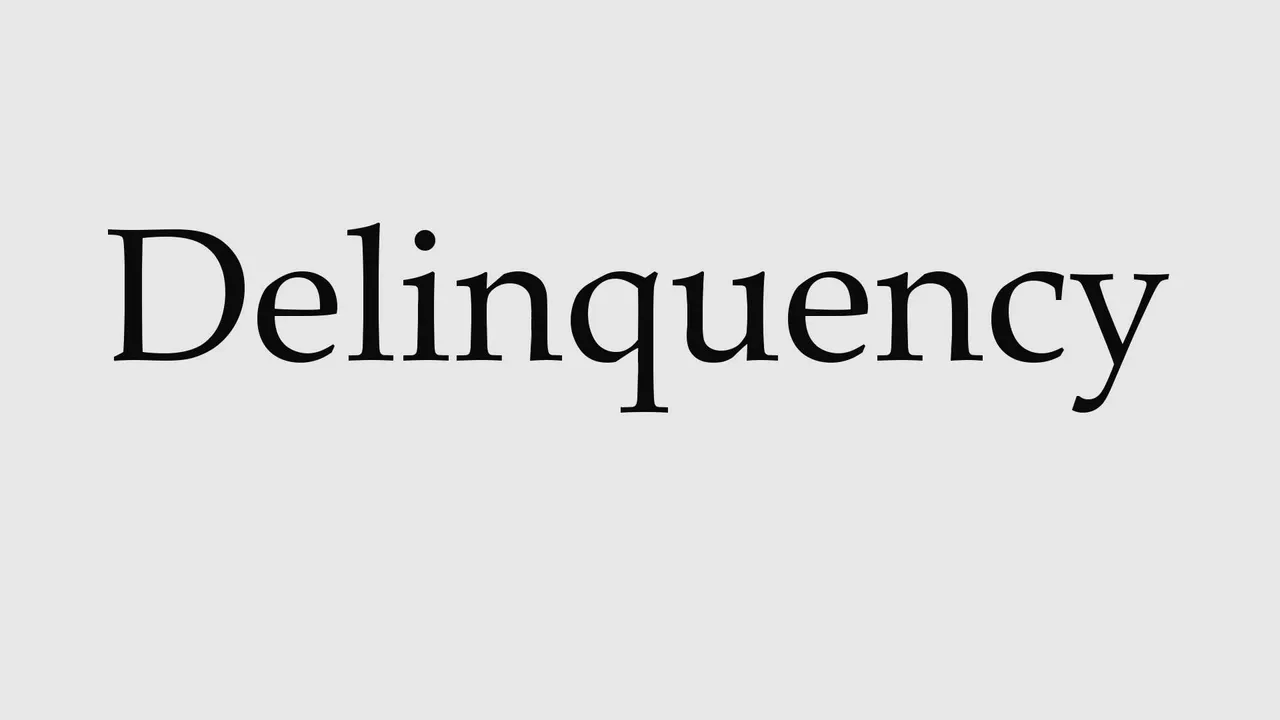
- Delinquent:*
- one showing deviation from normal behavior & has committed an offence
- Theft, sexual assault, murder, burglary - Great social problem
Causes of delinquency: -
- Social mal-adjustment
- Poverty - Disturbed home
- Drug addiction
- Alcoholism
- Adoption of modern life styles
Dowry System:-
Innocent Custom Social Evil
- Control through: “ Dowry Prohibition (Amendment) Act, 1986
- Min. Punishment for taking/ abetting dowry: 5 yrs or rigorous imprisonment & a fine of Rs.15,000/
- Well sustained effort needed to root out such evils.
Drug Addiction:-
- State of periodic/chronic intoxication detrimental to the individual & society
- produced by repeated intake of habit-forming drugs.
Precipitating Factors:-

- Curiosity & natural tendency to experiment with drugs
- Disturbed domestic environment: broken home, lack of communication between parents & children,
- Escapism from tensions & frustrations
- Adoption of western life styles
- Punks)
- Ignorance about ill effects of drugs 16
Drug addict:-
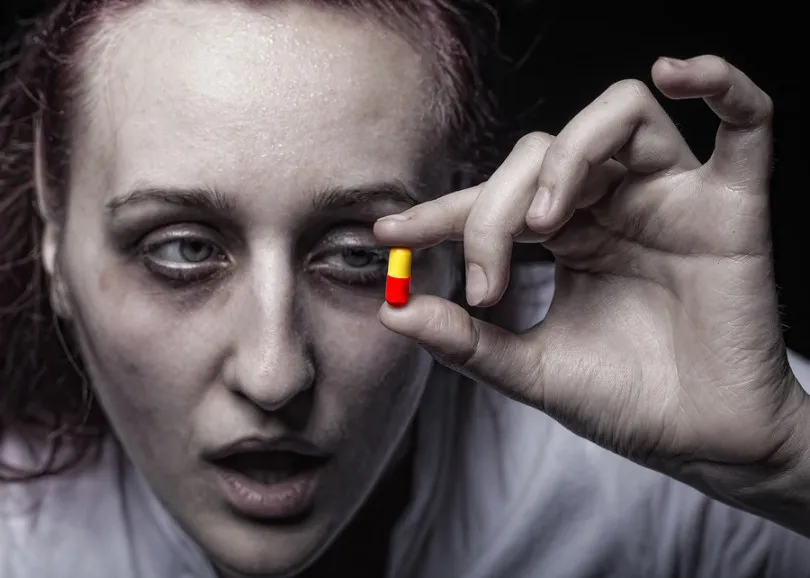
a) Psychosocial dependence: overpowering desire to take the drug & obtain it by any means
b) Physical dependence: if withdrawn, patient develops withdrawal symptom: irrational & violent behavior, nausea, diarrhea, watering of eye & nose
** c) Development of tolerance: tendency to increase the dose**
Management:
a) Identification of drug addicts & their motivation for drug detoxification
** b) Detoxification following hospitalization**
** c) Post-detoxification: counselling & follow-up :clinics,home visit**
- Simultaneous Changes in environment: home,school, college
- Psychotherapy
Preventive measures:-
Education of target groups through:
- Television
- Radio
- Leaflets
- Posters
- Creation of mass awareness “Narcotic Drugs & Psychotropic Substance Act” 1985 19
Alcohol Abuse: -
- world-wide social& medical problem
- Rapid socio-economic & cultural changes alcohol seen as symbol of prestige & social status
- î in consumption & frequency
Consequences: -
- Crime
- Murder
- Prostitution
- Malnutrition
- Neglect of family life
- Unemployment
- î debt
- Delinquency
- RTA
- Cirrhosis, alcoholic psychosis, alcohol dependency
Prevention:-
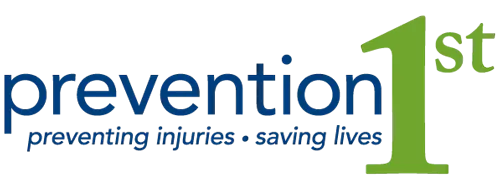
- Timely identification of risk factors
- Wide ranging public education, dialogue & investigation of public attitude
- Social welfare
- Improved health services
Unmarried Mothers:-
- strict social custom
- Unfavorable tradition
- Insignificant problem in India
Special Needs:-
- MTP
- Health risks
- Medical guidance
- counseling
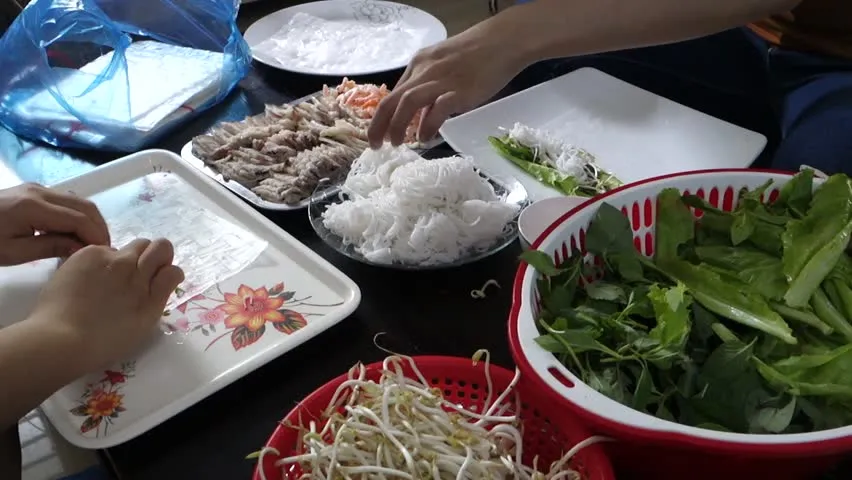
Author: Mashooq Ur Rehman @mashooq